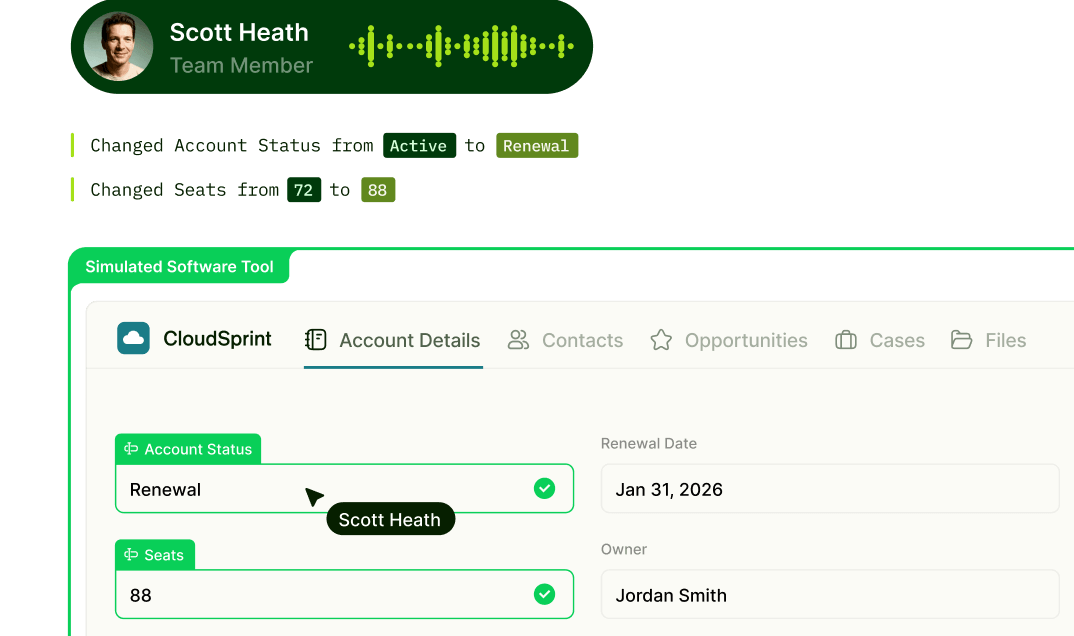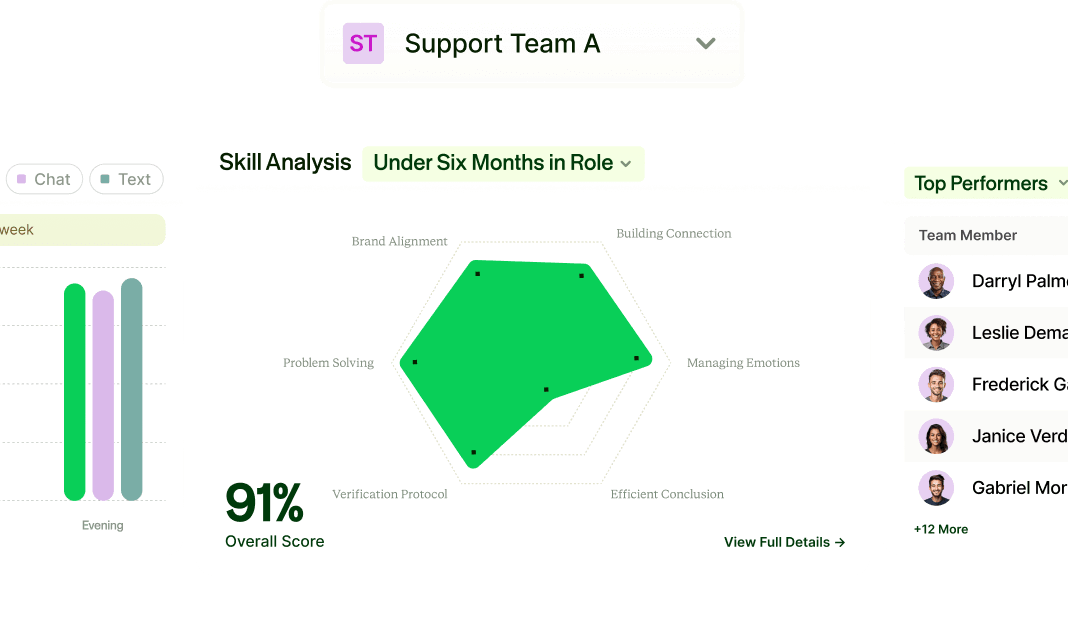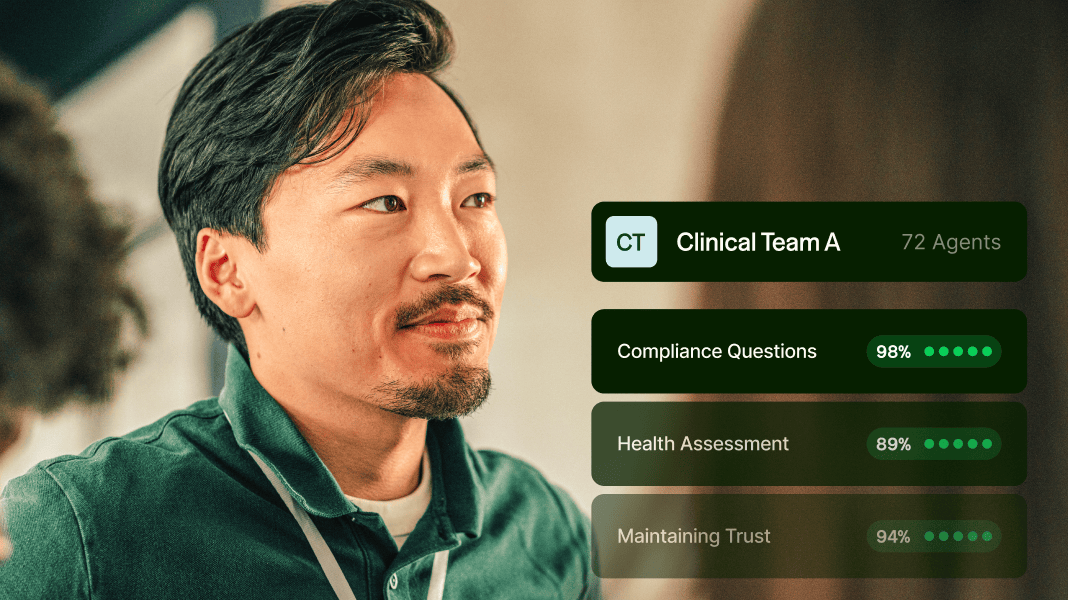In crisis care, the difference between an effective response and a missed opportunity means everything. Clinicians and crisis counselors must be prepared to handle situations that require both clinical precision and deep empathy.
Recent innovations in artificial intelligence (AI) are changing this picture. AI-driven practice simulations and real-time feedback tools are enabling crisis and mental health professionals to strengthen their skills more consistently and at scale. As both demand and support for crisis care grow, particularly through the nationwide 988 Suicide and Crisis Lifeline, these solutions offer a way to support clinicians, build confidence, and improve outcomes for those they serve.
Why practice and feedback matter
The importance of deliberate practice is well documented across fields, from medicine to aviation. For clinicians supporting people in crisis, practice must extend beyond protocols to include complex communication skills like empathy, active listening, and reassurance. Yet many organizations struggle to provide consistent opportunities for training and evaluation, especially when time and resources are stretched.
This gap was addressed in a recent study at a leading 988 center in Washington State, where crisis counselors integrated AI-powered simulations and instant feedback into their training regimen. The results were striking: counselors who engaged frequently with these tools demonstrated higher overall performance, particularly in areas that matter most including suicide risk screening and empathetic communication.
Building preparedness across the workforce
Clinicians face complex, unpredictable situations, often with little time to assess and act. AI simulations can allow them to practice in a safe environment that mirrors real-life scenarios without putting individuals in crisis at risk. Immediate feedback reinforces learning, helping clinicians understand not just whether they followed protocol, but how effectively they connected with the person on the other end of the line.
For leaders, the impact is twofold: clinicians are better prepared for critical conversations, and training can be delivered at scale without overwhelming limited supervisory resources. This approach also addresses a long-standing challenge in the field: limited quality assurance capacity. AI-based evaluation makes it possible to assess every interaction, ensuring that feedback is consistent and actionable through various dimensions.
A broader shift in crisis care
The use of AI for clinician training is part of a larger shift in mental health services. Workforce shortages, high turnover, and increasing demand for crisis intervention have underscored the need for innovative solutions. Traditional methods alone cannot keep pace. AI-enabled practice offers a way to meet this challenge by giving clinicians more opportunities to refine their skills, build confidence, and reduce errors.
As the 988 Lifeline continues to expand nationally, every center will need to equip its staff with tools that ensure quality, consistency, and compassion in every interaction. AI simulations are not a replacement for human judgment or empathy, but rather a complement – helping clinicians bring their best to the moments that matter most.
Moving Forward
Every patient deserves a clinician who is both clinically proficient and deeply empathetic. And every clinician deserves access to training tools that support their growth, resilience, and confidence. AI is helping to make this possible, bridging gaps in practice and feedback that have long limited the field.
ReflexAI is proud to partner with crisis centers and mental health organizations leading this transformation. To learn more about how AI-powered simulations and feedback can support your clinicians and strengthen your crisis response, reach out today.













